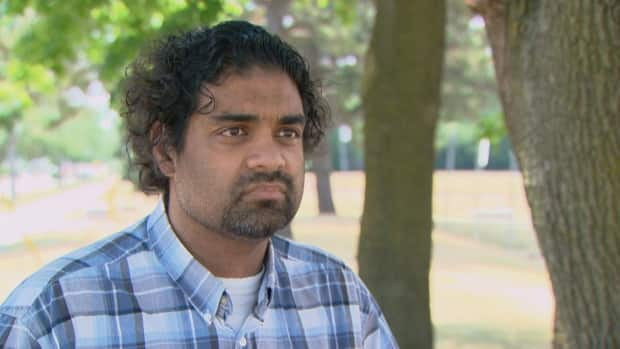Leamington mayor wants faster COVID-19 testing, with only 19 farms swabbed
Leamington Mayor Hilda MacDonald wants COVID-19 testing in the agriculture sector to happen at a faster rate so that the region can better understand what it's dealing with.
"I wish it would be quicker," MacDonald said Thursday. "But we're still at the stage were it isn't mandatory so farms and employees can choose not to be tested. I wish we had a way to do it so we can get through it quicker."
As of Monday, 19 of about 175 farms in the Windsor-Essex area have completed onsite testing, according to Ontario Health, amounting to about 1,800 workers being tested.
About 11 per cent of all workers who have been tested are positive for the disease.
In response to what the province can do to increase testing on farms, Ontario Premier Doug Ford said Thursday that when he visits the region next week, he'll be able to make a first-hand assessment of what is going on.
"We have a complete team down there from Ontario health public health, emergency services from the province down there and they are in constant communication... the farmers are cooperating, the workers are cooperating, so its all hands on deck down there," Ford said.
Since the pandemic began, more than 750 farm workers have tested positive for COVID-19 with dozens of new cases reported this week alone by the Windsor-Essex County Health Unit.
"The biggest challenge, what we have been identifying right from the beginning of this pandemic, especially in these workers, is the living arrangements and the accommodations that these workers live in," said medical officer of health Dr. Wajid Ahmed.

"Once you have a positive case, it's very easy to spread it to pretty much everyone who lives in the same bunkhouse or in the same accommodation, so the key approach has always been to prevent any introduction of this case in any of these farms."
There are currently outbreaks at four farms in Windsor-Essex and Ahmed said workers at these facilities have been separated, so that those who have tested positive are self-isolating. Those who were close contacts but asymptomatic are also self-isolating, he said.
Organizer for Justice for Migrant Farm Workers Chris Ramsaroop said it's unacceptable that so few farms are being tested and shows there needs to be stronger legislation around testing that ensures there are no reprisals for workers who test positive.
"We don's know how far the pandemic has spread across farms," Ramsaroop said. "We've got to take more stronger, bolder steps."
He added that workers are "extremely upset, frustrated, and they're fed up that their interests are not being met and only that of the industry are being met."
A 50 bed pop-up isolation centre has been set up at the recreation centre in Leamington this week, provided by Bruce Power, along with beds, dividers, gloves, gowns and linens. The facility is ready to isolate local farm workers who test positive for COVID-19.
So far no one is at the centre.
"For us, this is great," said MacDonald. "We're providing a service to the agricultural workers that are coming to our community, we're helping out the farms, and we're helping the health-care system. Rather than putting folks who tested positive in a hospital scenario this is a good alternative.
Most of the 250 to 300 people that are self-isolating — many with negative COVID-19 test results — are staying at hotels and motels in the area.
"There are some hotels that are still empty so that's good, the fact that we have that many spaces available is good," said MacDonald.

